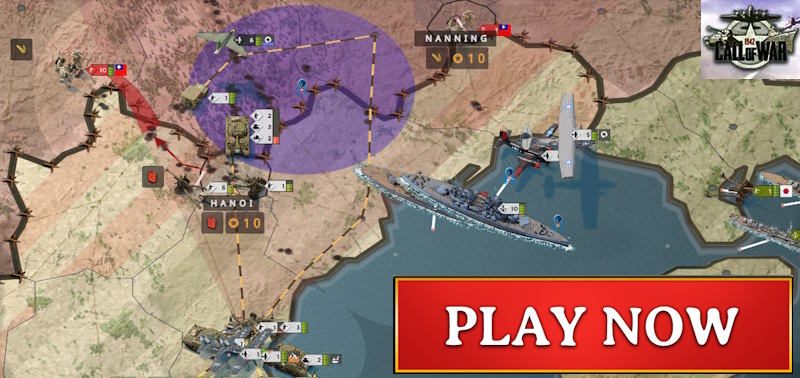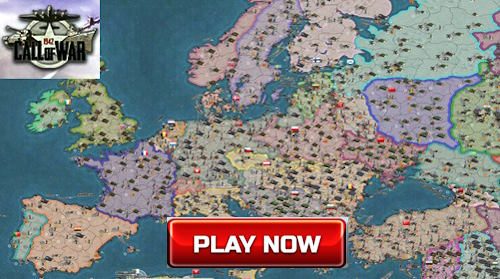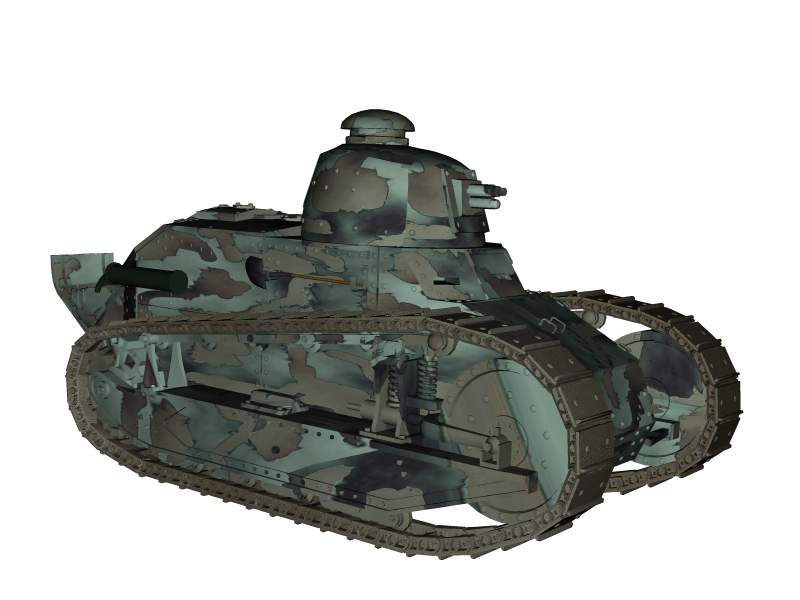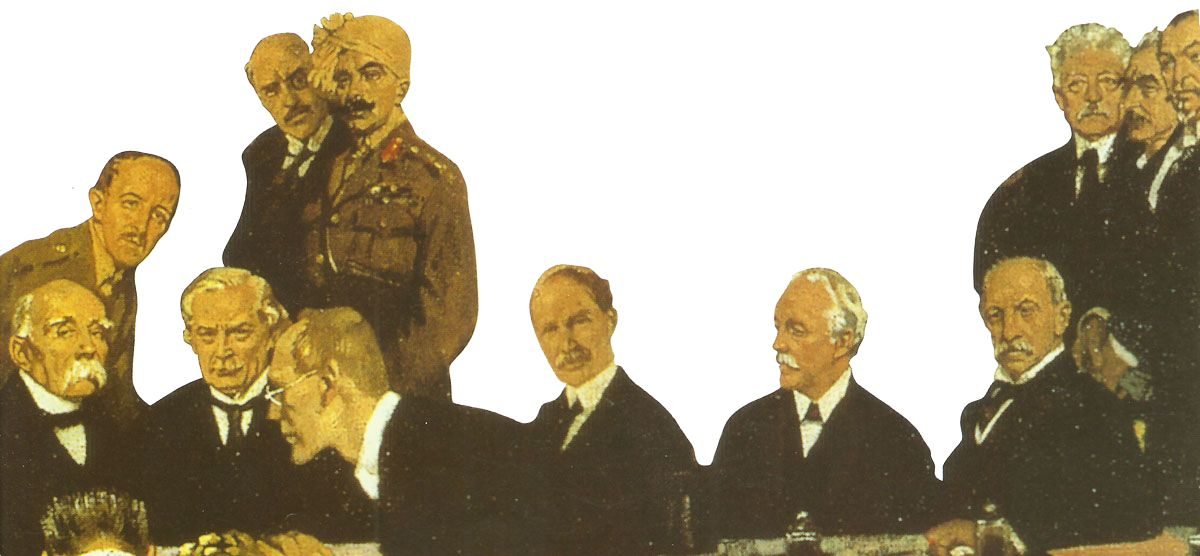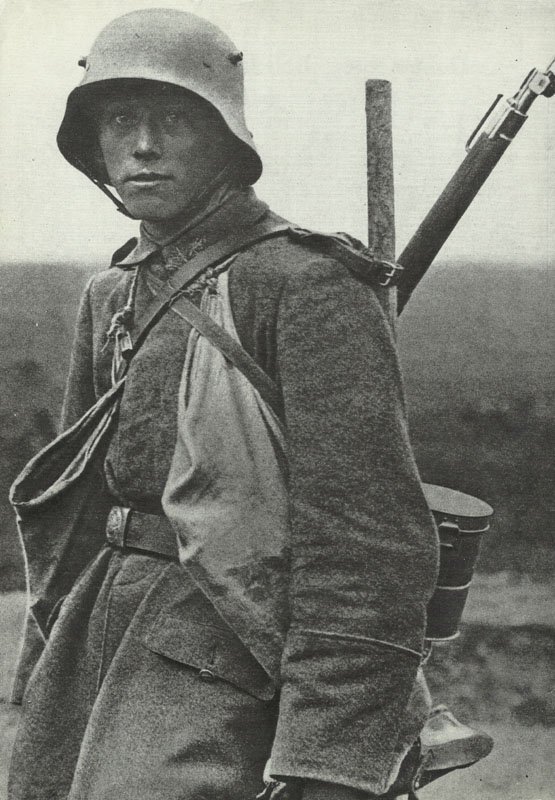The Easter Rising in Ireland on Easter Monday 24 April 1916.
Causes and the preparation of the Irish Easter Rising in World War One.
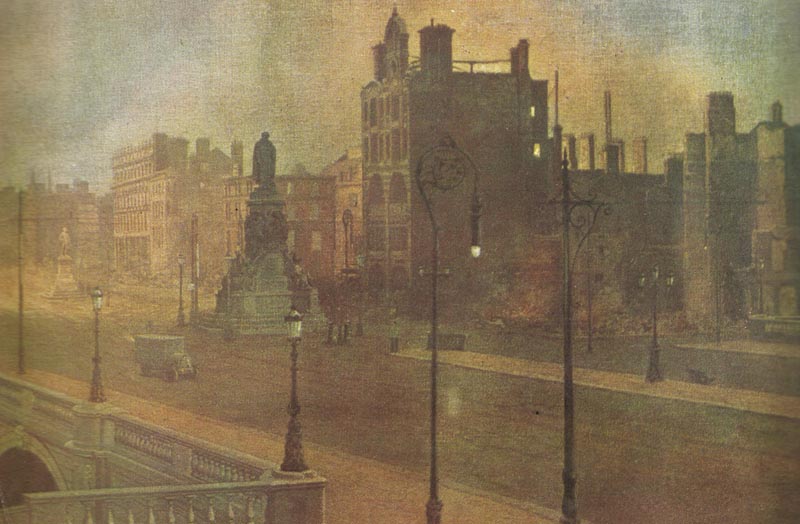
The Easter Rising 1916 in Ireland
Table of Contents
The Easter Rising was a significant event in Irish history that took place in Dublin, Ireland, during Easter Week in April 1916.
Overview
Purpose: It was an armed insurrection by Irish republicans to end British rule in Ireland and establish an independent Irish Republic.
Date: The uprising began on Easter Monday, April 24, 1916, and lasted for six days.
Leaders: Key figures included Patrick Pearse, James Connolly, and Tom Clarke, among others.
Participants: The main groups involved were the Irish Volunteers, Irish Citizen Army, and Irish Republican Brotherhood.
Location: The rebels seized key locations in Dublin, including the General Post Office (GPO), which became their headquarters.
British response: The British government deployed thousands of troops to quell the rebellion.
Outcome: The uprising was ultimately suppressed, with significant casualties and damage to Dublin.
Executions: In the aftermath, 16 rebel leaders were executed, which turned public opinion in favor of the republican cause.
Legacy: Although initially unpopular, the Easter Rising is now seen as a pivotal moment in Ireland’s struggle for independence.
Impact: The event led to increased support for Irish republicanism and contributed to the Irish War of Independence (1919-1921) and the eventual establishment of the Irish Free State in 1922.
The Easter Rising played a crucial role in shaping modern Irish history and is commemorated annually in Ireland.
Causes of the Easter Rising
The conditions that resulted in the Irish Easter Rising of 1916 are of a powerful complexity, historical, cultural, governmental, and maybe most importantly mental.
Sean ‘O’Faolain, that great Irish author, has written of his nation: ‘Most of our physical embodiment of history are wrecks, as the majority of our music are songs of lament as well as defiance.’
The Easter Rising was a complete disaster, which remaining significant areas of Dublin in ruins; however without it Ireland might never have been without British control. The front-runners, alive, had not many followers even among the Irish patriots; dead, they grew to be and also have always been the Irish national heroes.
It had been an awesome historical contradiction, and something that even today the British have probably never truly recognized. Had they realized it, it’s possible that the British Empire would have still existed longer, considering that the overthrow of British control in Ireland took over as model for the overthrow of imperial British power in Africa, in Asia, and elsewhere on world.
The historical difficulty, from the English perspective, can be adopted to a common unawareness of the Irish personality and of Irish dreams. The English had been confused because many Irishmen, and all of qualified Irishmen, spoke English, and wrote it, as well as, and frequently superior to, the majority of Englishmen.
They were additional confused because a really significant percentage of the Irish ruling class was of English or Norman origins. In 1916, the English hadn’t understood the truth that for 2 centuries – since the cruel crushing of the old Irish ruling class and the robbery of their properties – it had been exactly these folks, Grattan, Tone, Parnell and many others, who had directed the Irish in their hoping to become without British control.
And the cause of this major misunderstanding could be that the British in England didn’t recognize that the Irish life-style was in a number of ways – certainly with regard to human relationships – ethnically better than the English way, not so brutal, not so materialistic, a lot spiritual, a lot sensible, along with definitely fewer snobbery and class distinction, focused even more in the direction of individual happiness rather than the acquiring of money or things.
Constantly technically back, !the Irish had been overcome throughout 1000 and more years by waves of conquerors. If those conquerors stayed in Eire, they grew to be, as the English might as well as did claim, lured by the simplicity as well as enjoyment of an Irish mentality that looks for gaiety, charm, instead of to make money: these people grew to be ‘more Irish than the Irish’.
And this the English, in Britain, dismissed as fecklessness. The truth that the Irish had distinctive ideals from their own had been considered to be humorous – and also the ‘stage Irishman’ was made in London. The truth that English might had constantly, ultimately, smashed Irish rebellion was kept in mind; the truth that Irishmen had battled with enormous variation in all the important military of Europe, and not least in that of the British Empire, had been commonly overlooked.
From the viewpoint of Whitehall at the beginning of the century Paddy-and-his-pig had been a simply funny, child-like figure. He need to know, in British phrases, his correct place in life. Maybe, at a pinch, the Anglo-Irish (an odious as well as pointless phrase) might run this area of Great Britain, however Paddy, in no way.
However, these folks were politically problematic and, moreover, the English of the advanced Victorian years were a significant lot overall. Throughout the Great Famine of 1846 the British liberals had simply let Eire starve in the passions of their laissez-faire philosophy – to have given food them might have caused problems with the functions of the free market as far as corn chandlers had been involved – however afterwards doubts came out on top.
The Irish may be granted limited sovereignty on their own matters, and a Home Rule Bill had been passed. However, the World War One started. Home Rule was delayed until triumph over the Germans should have been gained.
Paddy would not mind, why should he? Paddy might enroll in the British armed service, as he had usually done and as numerous thousands of Irishmen did. Paddy would not realize – and countless, maybe nearly all, failed to.
Preparing the Easter Rising
However, some Irishmen did recognize. The most significant of these had been the people in the Irish Republican Brotherhood or IRB (which should not be wrongly identified as the Irish Republican Army, or IRA, a later on formation).
The IRB had been created in 1858. It had been a top-secret society which probably certainly not figures in excess of Two Thousand incorporating those Irishmen who belonged to it and who resided in The United Kingdom, North America, or some other place. Nearly all its individuals were what could be generally referred to as ‘intellectuals’ along with this, in their determination, as well as in their secrecy they bore a certain similarity to the Russian contemporaries, Lenin’s tiny Bolshevik Party.
Even so, their goals were governmental instead of social. These folks were patriots, devoted to the ideal of nation’s independence, plus they were willing to make use of all methods – which includes force – in order to accomplish this goal.
They presented, so to speak, the general staff of the mass movement for Irish freedom from English govern, and their fortnightly newsletter, Irish Freedom (established in 1910), recommended total republican government for the entire of Eire. It is important that all the people who approved the announcement of an Irish Republic on Easter Monday had been members of the Irish Republican Brotherhood (IRB).
When World War One started, John Redmond, the head of the Irish Nationalist Party as well as Parnell’s heir, instantly announced his approval of the delay of Home Rule, both for himself and for his members. Such as the Irish Volunteers, probably at this time some Two hundred Thousand strong, of whom perhaps a 2,000 had been practiced and equipped.
This force had been made in November 1913 as counteract to the Ulster Volunteers, which were initially created to be able to combat against Home Rule.
The Ulster Volunteers had been likewise willing to delay a fight that had currently appeared both necessary and expected, and from the North of Ireland as from the South several 1000s of young fellas travelled away as volunteers for the battle, and just excessively to die, in France. In fact, Redmond recommended to the authorities in London that they could take away all British soldiers from Ireland: his Volunteer force and the Ulster Volunteers were truly effective at considering that there weren’t any troubles in Eire during the entire time of World War One.
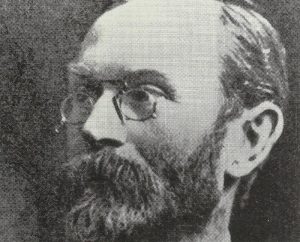
The Irish Republican Brotherhood got different thoughts. At a conference of their supreme council, as soon as August 1914, the choice was applied – in top-secret of course – that there need to be an Irish revolution prior to the end of Britain’s conflict against Germany. Till the time of Easter Week 1916 the energetic people in the IRB had been completely busy in preparing this uprising.
They had available intelligence, a reasonably significant amount of money – largely from Irish Americans – as well as hardly anything else. They needed to take action via the Irish patriotic groups, over most of which they had acquired limited control, and if the Easter Rising were to be a military victory they had to obtain weapons, either from British arsenals, or from overseas, which supposed essentially from Britain’s enemy Germany.
Their calculation was more or less than the following: aside from Ulster men and a number of landlords as well as industrialists, the people of Ireland wished their independence from English control. Nevertheless, the Irish were temporarily acceptable to the Home Rule option, although the delayed bill offered Ireland not as much as Dominion status in economical as well as other issues. Moreover, the farming group, a lot more essential in Ireland than even today, are prospering in peace times.
Thus, the IRB could count on really significant heartwarming sympathy but minor, or no, useful aid from the bulk of the Irishmen. Because the Irish are in a degree of an unstable species, there wasn’t any indicating the way they would respond to the Easter rising. Undoubtedly the Roman Catholic Church would be in opposition to such an action: and the parish clergymen had been and still are very strong spokesmen in Eire.
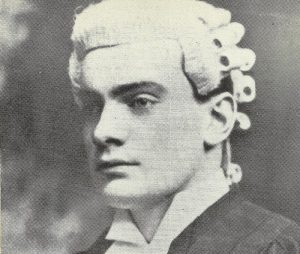
As far as fighting men went in a revolution, any kind of insurrection would appear doomed to particular defeat. Redmond’s large numbers of Volunteers were mainly disarmed, or were fighting for the British in Flanders. Nevertheless, some men who still stayed in Ireland and had been trained and equipped could be counted upon.
Their chief of staff was the historian Eoin MacNeill, and the commander a schoolmaster in the early 30s called Patrick Pearse. These two guys had been people in the IRB, but as events will demonstrate they didn’t agree on strategies or tactics. The Volunteers for the Easter Rising had been dispersed all through Eire.
References and literature
Illustrierte Geschichte des Ersten Weltkriegs (Christian Zentner)
History of World War I (AJP Taylos, S.L. Mayer)
Der Erste Weltkrieg – Storia illustrata della Prima Guerra Mondiale (Hans Kaiser)


